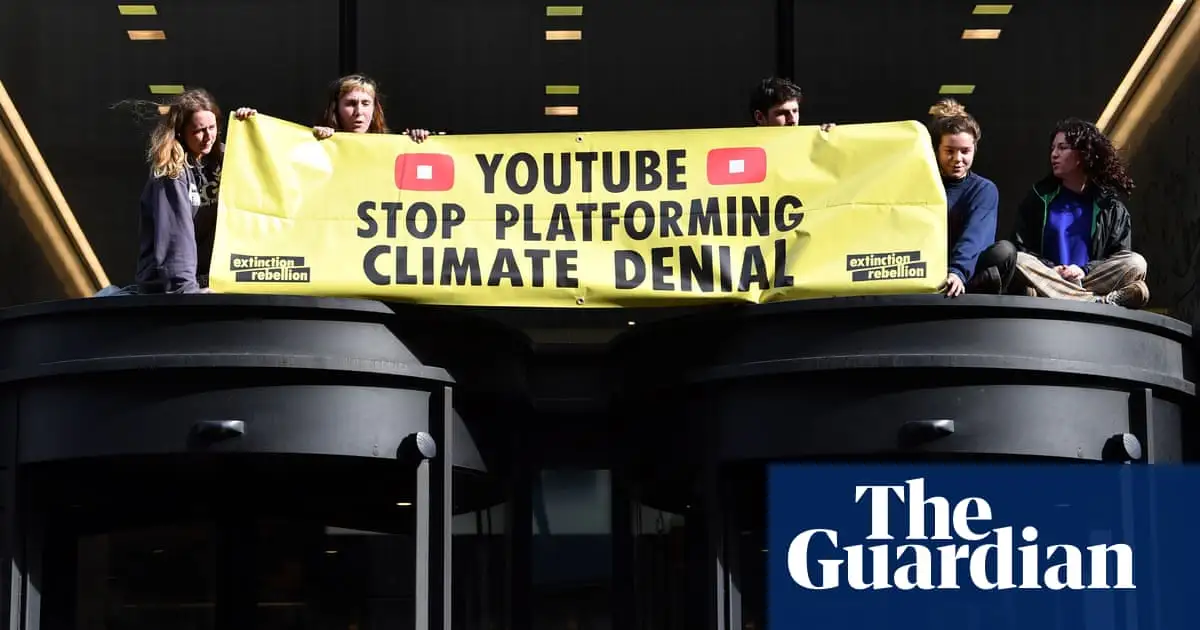A third of UK teenagers believe climate change is “exaggerated”, a report has found, as YouTube videos promoting a new kind of climate denial aimed at young people proliferate on the platform.
Previously, most climate deniers pushed the belief that climate breakdown was not happening or, if it was, that humans were not causing it. Now, the Center for Countering Digital Hate (CCDH) has found that most climate denial videos on YouTube push the idea that climate solutions do not work, climate science and the climate movement are unreliable, or that the effects of global heating are beneficial or harmless.
Researchers from the CCDH gathered a dataset of text transcripts from 12,058 climate-related YouTube videos posted by 96 channels over almost six years from 1 January 2018 to 30 September 2023. They also included the results of a nationally representative survey conducted by polling company Survation which found 31% of UK respondents aged 13 to 17 agreed with the statement “Climate change and its effects are being purposefully overexaggerated”. This rose to 37% of teenagers categorised as heavy users of social media, meaning they reported using any one platform for more than four hours a day.



Well that’s the thing. That’s what the internet is now. And my fear is that it will stay that way for a good while as too many don’t see the point in making it something else which would just be more “boring”. But it wasn’t always this way. Putting aside the endless September, before big social, it was worth it. Now big social has captured a whole generations understanding of what it means to be online.
Staying away from the big platforms has worked out well for me. Those are well under the control of corporate interests like TV, but I now have access to several independent journalists from across the world, the ability to fact check a topic within minutes to hours instead of days to never, and a much easier way of organizing with like minded people.
The internet is a tool. It’s more full of misinformation, disinformation, useless garbage, and scams now than it was, but it’s still useful if you know how to sift through it. We should be educating our youth on how to do that and identifying the list of pitfalls above to help make it even better.
Hear hear!!
I think the key point is that improvement is possible here. Something humans have within the realm of things they could do. As opposed to tv, which isn’t really fixable.